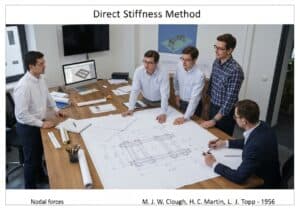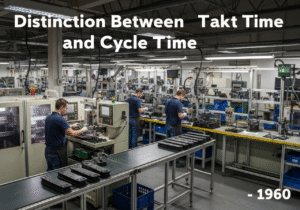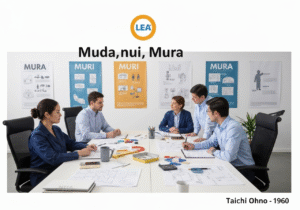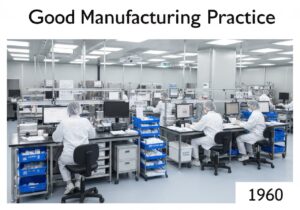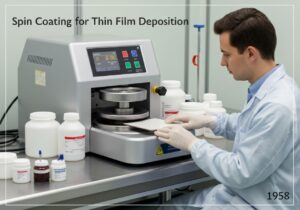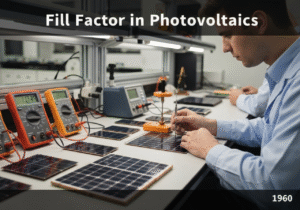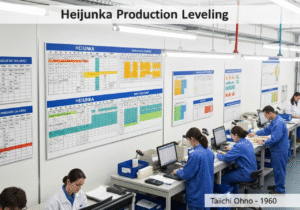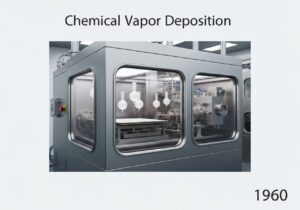这是我们最新精选的以节俭创新为主题的全球出版物和专利,这些出版物和专利是在众多科学在线期刊中精选出来的,它们被分类并集中在节俭创新、jugaad、开放式创新、DIY、众包和升级再造等方面。
A Case Study of Diyarbakır, Turkey
Published on 2025-10-21 by Berfin Kaya, Recep Çelik @MDPI
Abstract: This study investigates flood risk trends using rainfall data collected from 13 districts of Diyarbakır Province, Turkey, with a focus on supporting sustainability-oriented climate adaptation. Both annual and seasonal precipitation variations were examined, with particular emphasis on the role of maximum daily rainfall in driving flood potential. In addition, the analysis integrates extreme precipitation patterns with regional hazard characteristics to provide a more comprehensive f[...]
Our summary: This study analyzes flood risk trends in Diyarbakır, Turkey, using rainfall data from 13 districts. It employs non-parametric statistical methods to detect significant trends in precipitation and estimates flood magnitudes with GEV and POT approaches. The findings emphasize the need for integrating extreme precipitation analysis into sustainable flood management and climate adaptation strategies.
flood risk, precipitation trends, statistical analysis, climate adaptation
Publication
Waste Upcycling and Mechanical Performance
Published on 2025-10-18 by Laysa Silva Barboza, Pedro Afonso de Moraes Paes, Maria Eduarda Alexandrino Alves, Marceli do Nascimento da Conceição, Nancy Camilly Marques de Sena, Pedro Henrique Poubel Mendonça da Silveira, Roberto Carlos da Conceição Ribeiro, Neyda de la Caridad Om Tapanes, Daniele Cruz Bastos @MDPI
Abstract: Thermoplastic starch (TPS) is a biodegradable polymer from renewable sources, but its limited mechanical and thermal properties restrict wider industrial use compared to petroleum-based plastics. In this study, TPS-based biocomposites were developed and optimized by incorporating agricultural and mineral Residues: coffee husks (CH), potassium feldspar (PF), and Bahia Beige marble (BB) as reinforcements. Mechanical, thermal, and morphological characterizations were carried out, and a simplex&[...]
Our summary: TPS-based biocomposites were developed using agricultural and mineral residues to enhance mechanical performance. The optimal formulation achieved significant improvements in tensile strength and impact resistance. This research supports sustainable practices by reducing waste and promoting eco-friendly materials.
biocomposites, thermoplastic starch, waste upcycling, mechanical properties
Publication
The Impact of Physical Form on the Biocompatibility of Poly(3-hexylthiophene-2,5-diyl)
Published on 2025-10-11 by Daniela A. Tudor, Sorin David, Mihaela Gheorghiu, Szilveszter Gáspár @MDPI
Abstract: Poly(3-hexylthiophene-2,5-diyl) (P3HT) is a semiconducting, electron donor polymer which, in addition to its intensive use in optoelectronic devices, is increasingly investigated in biological systems. However, there are conflicting reports about the biocompatibility of P3HT, and no direct comparison between P3HT films and P3HT nanoparticles has been conducted. In this context, we investigated the viability of bEnd.3 endothelial cells when such cells are grown onto P3HT films or incubated with P[...]
Our summary: The study investigates the biocompatibility of P3HT films versus P3HT nanoparticles on bEnd.3 endothelial cells. P3HT films maintain cell viability, while P3HT nanoparticles reduce it significantly, especially without PCBM. The photoexcitation protocol does not affect the biocompatibility of P3HT-based materials in biological systems.
biocompatibility, poly(3-hexylthiophene), nanoparticles, endothelial cells
Publication
Sustainable Urban Mobility Transitions—From Policy Uncertainty to the CalmMobility Paradigm
Published on 2025-10-01 by Katarzyna Turoń @MDPI
Abstract: Continuous technological, ecological, and digital transformations reshape urban mobility systems. While sustainable mobility has become a dominant keyword, there are many different approaches and policies to help achieve lasting and properly functioning change. This study applies a comprehensive qualitative policy analysis to influential and leading sustainable mobility approaches (i.a. Mobility Justice, Avoid–Shift–Improve, spatial models like the 15-Minute City and [...]
Our summary: This study analyzes various sustainable mobility approaches and their implementation challenges. It highlights the fragmentation and policy silos that hinder effective transitions. The proposed CalmMobility framework aims to unify existing strategies for a more comprehensive and adaptive urban mobility system.
Sustainable Mobility, Policy Analysis, Urban Transformation, CalmMobility
Publication
Upcycling Orange-Based Waste into Functional CNCs for Greener L-Lactide Ring-Opening Polymerization
Published on 2025-09-26 by Adrián Leonés, Cayetano Sánchez-Solís, Asier Medel, Maria P. García-Aparicio, Marta E. G. Mosquera, Valentina Sessini @MDPI
Abstract: This study demonstrates the valorization of orange peel waste as a sustainable feedstock for the production of cellulose nanocrystals (CNCs). Compositional analysis revealed a cellulose content up to 10.0% in the raw material. After performing the alkaline/peroxide treatment, CNCs were isolated via acid hydrolysis. Different inorganic acids were compared, namely sulfuric, phosphoric, and hydrochloric acids at low molar concentrations. The resulting CNCs showed distinct morphological and physicoc[...]
Our summary: This study explores the use of orange peel waste to produce cellulose nanocrystals (CNCs). Different inorganic acids were tested for CNC isolation, with sulfuric acid yielding the highest crystallinity. The CNCs were effective as co-initiators for lactide ring-opening polymerization, demonstrating their potential in sustainable materials.
Upcycling, CNCs, L-Lactide, Polymerization
Publication
Processing, Characterization, and Sustainability Assessment
Published on 2025-09-20 by Mattia Cabrioli, María Silva Colmenero, Sepideh Gholamzadeh, Matteo Vanazzi, Sasan Amirabdollahian, Matteo Perini, Wojciech Łacisz, Bartosz Kalicki @MDPI
Abstract: Copper is a critical material for energy transition and green technologies, making its sustainable use increasingly important. Its superior thermal and electrical conductivity make it highly well-suited for additive manufacturing (AM). In this study, copper sourced from offshore electrical cables was upcycled to produce high-quality metal powder for AM. The scrap was processed to separate the metal from plastic and rubber, then refined through ultrasonic atomization, achieving a purity of ~99.5%[...]
Our summary: This study upcycles copper from offshore electrical cables to produce high-quality metal powder for additive manufacturing. The refined powder demonstrates excellent flowability and printability, achieving a purity of ~99.5%. A Life Cycle Assessment shows this recycling process significantly reduces environmental impact compared to conventional mining.
Copper, Additive Manufacturing, Life Cycle Assessment, Sustainability
Publication
Intelligent download of content
Patent published on the 2025-09-18 in US under Ref US2025294196 by ROKU INC [US] (Wood Anthony John [us])
Abstract: Intelligently downloading content to user devices is described herein. According to an embodiment, a user request for content is received. In response to the request, a low quality version of the content is downloaded and played to the user. Then, a higher quality version of the content is downloaded (this may occur during or after the download or playback of the low quality version of the content). Playback of the low quality version is discontinued. Then, playback of the higher quality version[...]
Our summary: The system receives a user request for content and initially downloads a low quality version for playback. A higher quality version is subsequently downloaded, allowing seamless transition from low to high quality playback. Content versions are identified through crowdsourcing methods.
Intelligent content delivery, adaptive streaming, user request handling, crowdsourced content identification
Patent




